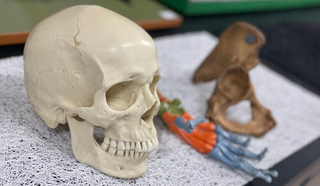Yale’s Department of Anthropology is home to state-of-the-art research labs and other facilities that support our research and teaching. Biological anthropology facilities are gathered on this page; see the Council on Archaeological Studies resources page for information about archaeology research facilities.
Yale Mammalian Evolutionary Morphology Lab
Biological Anthropologists in this lab study the morphology of living and fossil mammals, addressing the evolution of early primates.
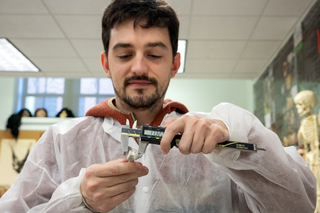
Yale Reproductive Ecology Laboratory
Established in 1998, biological anthropologists at the lab conduct research on the evolutionary biology of humans and non-human primates.
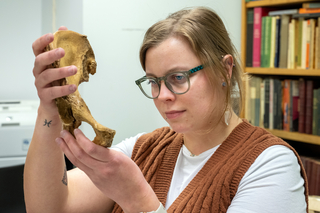
YIBS Program in Reproductive Ecology
The Program in Reproductive Ecology sponsors research and educational initiatives involving the interaction between the environment, ecology, and reproductive biology in human and comparative contexts.
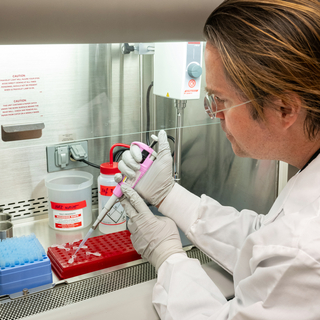
The Program on Stress and Family Resilience
The program offers a platform for interdisciplinary research partnerships on caregiving, health, and wellbeing.
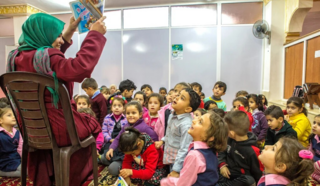
The Owl Monkey Project in the Argentinean Chaco
The Owl Monkey Project, started in 1996 by Dr. Eduardo Fernandez-Duque, is a multi-disciplinary program on the owl monkeys of the Argentinean Chaco.
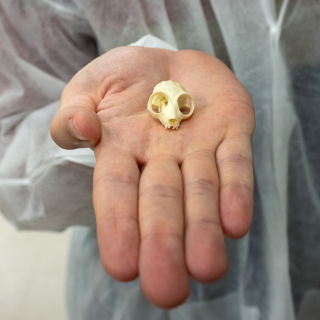
Yale Paleoarchaeology Lab
The lab features both comparative osteological specimens as well as fossil collections and its primary purpose is as a zooarchaeological research facility.
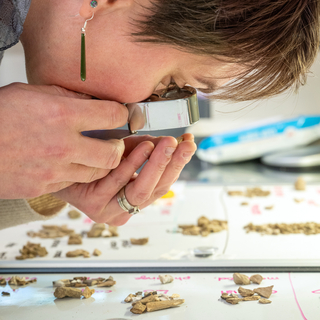
Human Evolutionary Genomics Lab
The lab, located in the Department of Anthropology, addresses fundamental questions in human evolution and population history using DNA from present-day and ancient humans.
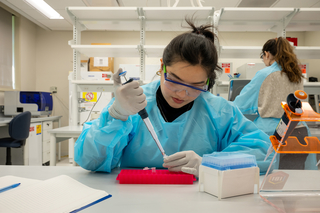
Yale Anthropology and Human Skeletal Remains
Yale’s Department of Anthropology, in step with the discipline as a whole, engages in some forms of research and teaching that involve human skeletal remains.
